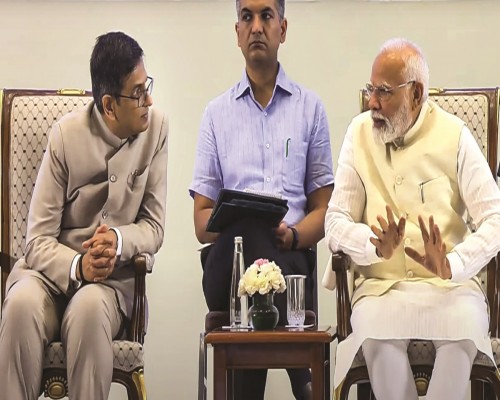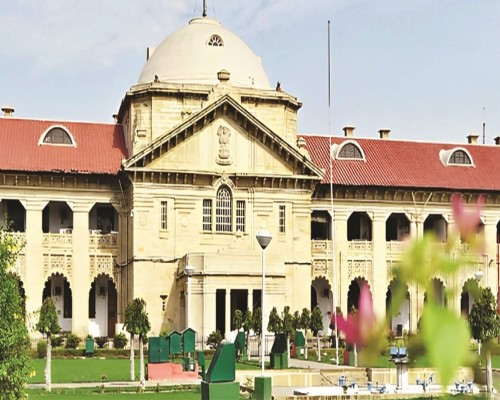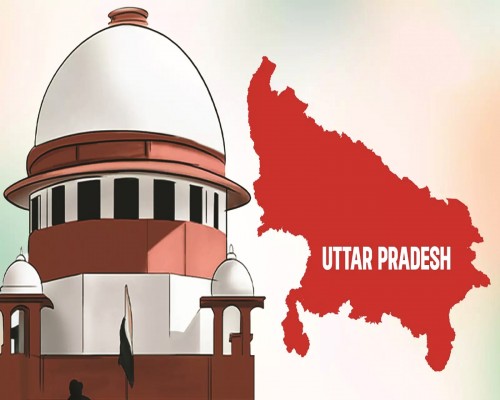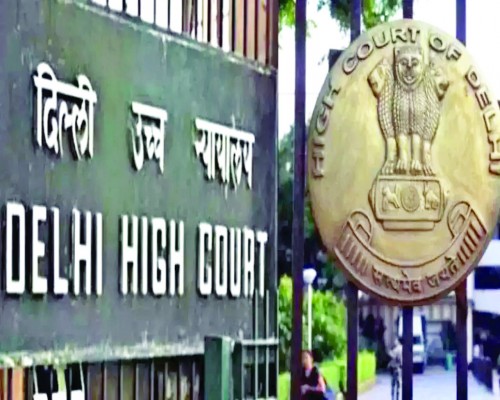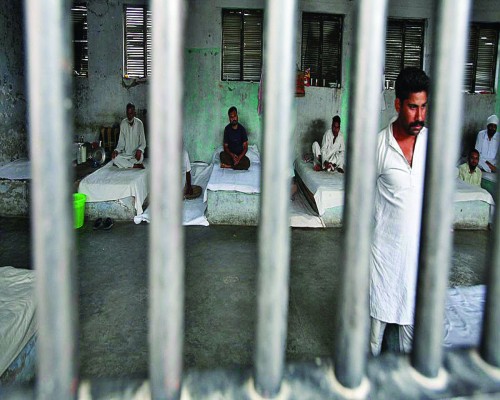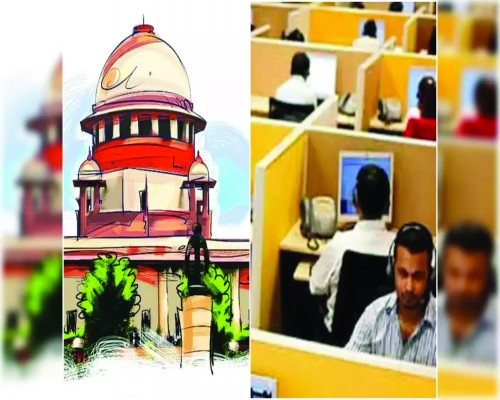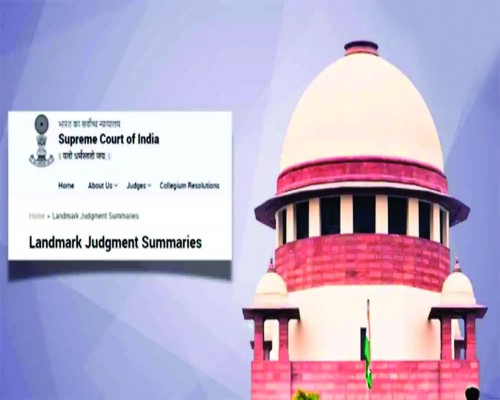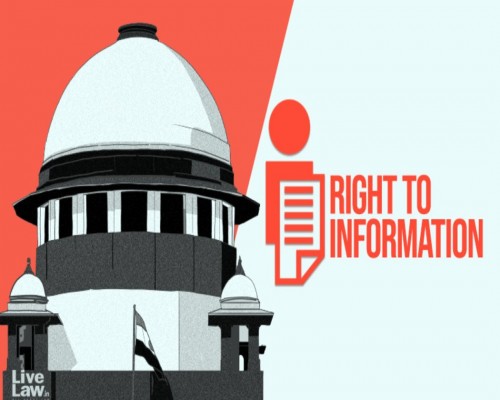Separate Cells to be Established for Handling Mercy Petitions: Supreme Court Directs States and Union Territories

The Supreme Court has directed state governments and union territories to set up dedicated cells to handle mercy petitions. This directive was part of its instructions to deal with such petitions efficiently, ensuring better coordination between authorities.
Supreme Court’s Directives
A bench led by Justice Abhay S. Oka, Justice Aniruddha Bose, and Justice Sanjay Kumar emphasised that:
1. Dedicated Cells: States and union territories should form dedicated cells under the Home Department or Jail Administration to handle mercy petitions. These cells will work closely with relevant judicial authorities.
2. Nodal Officer Appointment: Each cell must appoint a nodal officer responsible for monitoring mercy petitions and ensuring timely submission of relevant information.
Jail and Police Coordination
The Supreme Court also directed that:
• Details of the nodal officers in each jail must be made publicly available, along with their contact information.
• Jail officials are required to promptly forward information to the nodal officer, especially in cases related to death penalty mercy petitions.
• Nodal officers must ensure timely coordination with the police and other investigation agencies, particularly in obtaining reports concerning the socio-economic and psychological conditions of the prisoners.
Case Background
The directive was issued during a hearing regarding delays in handling mercy petitions. The court cited an example where a delay of five years in deciding a mercy petition in a murder case led to the commutation of a death sentence to life imprisonment in 2007.
The bench reiterated that streamlining the process of handling mercy petitions is essential to uphold justice and minimise unnecessary delays.



